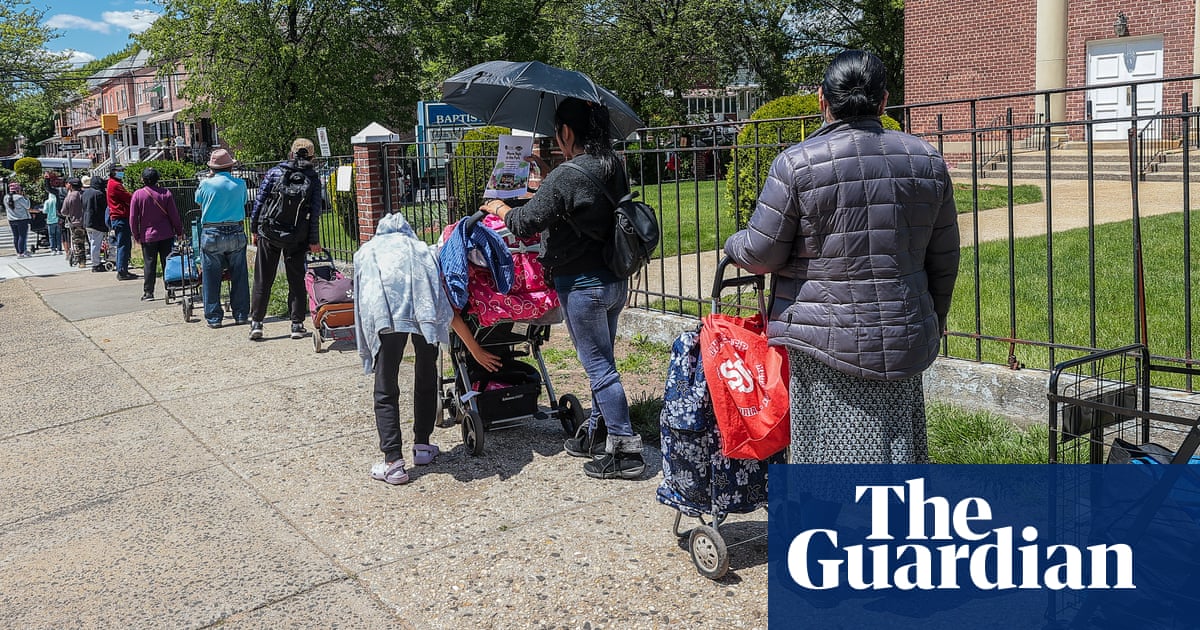
The Lebanese government last week imposed a $6 monthly tax on WhatsApp calls. The move unleashed a sea of protests across the country. People are fed up as the system is no longer able to answer to their needs. Youth unemployment is staggering. People want to topple the regime. The protesters are demanding the resignation of the prime minister, his Cabinet, and the president, as well as the dissolution of what they see as a dysfunctional Parliament. On the other hand, the Lebanese people are also haunted by a growing debt and don’t see any light at the end of the tunnel. The central bank, which was the foundation of financial stability and a more or less healthy banking sector, is no longer able to keep a fixed Lebanese exchange rate with the dollar.
In this grim situation, the social contract between the system and the people has broken down and the average citizen has lost trust in all the institutions except one: The army. In a country plagued by sectarianism, the Lebanese army is viewed as patriotic and nonpartisan. A moving clip that went viral shows an old woman, who was taking part in the protests, trying to reason with a soldier. She told him: “We want you (the army) to rule; you should be protecting us because we are the country, not them (referring to the political elite, or “zu"amaa” as it is known in Arabic).” At the end of the conversation, the soldier kisses the forehead of the old woman. This clip shows the affinity and trust the Lebanese people have in the army, and vice versa.
In this context, only the army can prevent the country from suffering a total breakdown. It is the only institution that can bind people from across the different confessional lines. Hence, the international community should help the army preserve the territorial integrity of Lebanon and prevent a breakdown that might lead to an armed conflict. The international community is very reluctant to help the current government, knowing that the aid will only perpetuate corruption and will ultimately not improve the conditions of the average citizen. April’s Cedre donor conference pledged $11 billion to Lebanon, but the donors imposed some conditions on their contributions, including reforms. However, the current system, which is based on the profiteering of the political elite, made such reforms impossible.
Every politician is taking over the denomination he represents and, in their name, taking over some government facilities. Therefore, you see him dealing with the government institutions and departments as if they belong to him or his political party. This allows him to employ his followers in the government departments over which he has control, even if they do not have the necessary credentials, in order to retain their loyalty. The effrontery of the political system has reached the point where an applicant to a government post either needs to pay a sum to the politician controlling the relevant department or get his blessing or “wasta,” as we call it in Lebanese slang, in order to get the position. This culture is a curse on our country. This curse drives the country’s institutions to plunge into a state of corruption and leads them to fail to provide services to citizens. Meanwhile, due to corruption, the different government facilities do not generate any profits for the treasury. This deficit prevents the state from providing essential services to citizens and starting projects to develop the country. This highly corrupt environment also drives away direct investments, hence the high unemployment.
The question that comes to mind is why would a citizen vote for a politician whom he knows to be corrupt? The citizen is captive to the corrupt political class. Today, this system has broken down and the political elite is no longer able to provide the minimum required to preserve the loyalty of its followers.
Politicians also play on sectarianism and fear of the “other.” Despite the fact that the citizen knows his representative is stealing public money in his name and is keeping the juicy meal to himself, while giving him the crumbs, he is willing to endorse him. The citizen backs him because he thinks that the power of this politician inside the Lebanese political system will guarantee the power of his denomination and hence his power as an individual.
This complicated equation has rendered the citizen both a captive and an accomplice in corruption due to fear and need. This has led to the deterioration of living standards of the average Lebanese and to the regression of the country. The questions now being posed are: Given this complicated situation, are reforms possible? And can these popular protests rescue Lebanon from its plight? The answer to both is yes. Reforms are possible provided the entire Lebanese people stand up together and refute the culture of profiteering. However, they cannot do it alone — they need the army by their side.
Dr. Dania Koleilat Khatib is a specialist in US-Arab relations with a focus on lobbying. She holds a Ph.D. in politics from the University of Exeter and is an affiliated scholar with the Issam Fares Institute for Public Policy and International Affairs at the American University of Beirut.












